You have not yet added any article to your bookmarks!

Join 10k+ people to get notified about new posts, news and tips.
Do not worry we don't spam!

Post by : Anis Farhan
Sports have always been more than just games—they are expressions of culture, unity, and influence. In recent decades, Asia has emerged as a powerful player in hosting mega-sporting events, from the 2008 Beijing Olympics to the 2022 FIFA World Cup in Qatar. These events are not only about athletic excellence but also about diplomacy, economics, and global branding. By investing billions in stadiums, infrastructure, and tourism campaigns, Asian nations are using sports diplomacy to position themselves as global hubs of culture, commerce, and political relevance.
Diplomacy through sports is not new, but Asia has redefined it in the 21st century. Where once Europe and North America dominated, now Asia is hosting tournaments that command global attention. The 1988 Seoul Olympics set an early precedent, helping South Korea display its economic progress. Since then, Japan, China, India, and the Gulf states have embraced sporting events as strategic tools for soft power. These investments reflect a broader desire: to reshape how the world perceives Asia.
Hosting the Olympics, FIFA World Cup, or Asian Games allows nations to project national identity beyond traditional diplomacy. The Beijing 2008 Olympics, for example, showcased China’s modernity and discipline with grand ceremonies and state-of-the-art infrastructure. Similarly, the Tokyo 2020 Olympics (delayed to 2021 due to the pandemic) reinforced Japan’s reputation for resilience and efficiency. Qatar’s 2022 World Cup became a platform for the Gulf to assert itself as a global player, despite controversies over labor rights and sustainability. Each event becomes an advertisement not just for sport, but for a nation’s values, ambitions, and place in global politics.
Mega-events also serve as economic catalysts. Hosting requires billions in infrastructure—stadiums, airports, metro systems, and hospitality. These investments often leave lasting legacies. China’s Olympic stadiums became global icons, while Japan’s meticulous transport upgrades continue to benefit its citizens. In the Gulf, preparations for the FIFA World Cup accelerated urban development, transforming Doha into a modern hub. For countries like Indonesia and India, bidding for events like the Olympics or Commonwealth Games reflects aspirations to not only improve sports culture but also attract foreign investment and boost tourism.
Sports mega-events offer a chance for nations to share their cultural heritage with the world. Ceremonies are carefully curated to highlight history, art, and tradition. Beijing’s spectacular opening ceremony, featuring thousands of performers, celebrated Chinese history while presenting a futuristic vision. Similarly, Tokyo’s Olympics highlighted Japanese innovation while incorporating traditional aesthetics. For Gulf nations, the World Cup allowed visitors to experience Middle Eastern hospitality, food, and traditions, reframing global perspectives of the region. Tourism spikes during these events inject billions into local economies, while long-term campaigns promote countries as destinations long after the games are over.
Mega-events often intersect with geopolitics. The 2008 Olympics marked China’s arrival as a global superpower. Japan’s Tokyo Games symbolized perseverance during a global pandemic. Qatar’s World Cup placed the Middle East at the center of football diplomacy. Even bids for future events, such as India’s interest in the Olympics, are statements of ambition and global outreach. Rivalries between nations often extend into sports arenas, and diplomatic boycotts sometimes occur, turning tournaments into stages for political signaling.
While mega-events bring prestige, they are not without challenges. Costs often run into billions, leading to concerns about economic sustainability. Human rights issues, such as worker conditions in Qatar or displacement of communities in Beijing, generate global criticism. Environmental concerns are also rising, with sustainability becoming a major topic. Moreover, the temporary nature of sporting attention raises questions about whether these investments truly deliver long-term benefits. For example, some Olympic stadiums in Asia have become underused “white elephants,” sparking debates about practicality versus prestige.
The future of sports diplomacy in Asia looks promising. Saudi Arabia has positioned itself as a rising hub by bidding for football tournaments and Formula 1 races, while China continues to expand its sports infrastructure and global reach. India, with its massive cricket following and growing economy, is eyeing opportunities to host the Olympics. Southeast Asia, too, is stepping into the arena, with Indonesia and Thailand showing interest in global tournaments. The competition to host mega-events will only intensify as Asian nations view sports not only as entertainment but as vehicles for diplomacy and development.
Sports diplomacy in Asia represents more than a pursuit of medals—it is about global visibility, influence, and identity. Mega-events transform cities, drive economies, and reshape perceptions. For nations like China, Japan, India, and Qatar, sports are diplomatic weapons, capable of building bridges or projecting power. The next decades will see Asia continue to dominate the sporting calendar, ensuring its place as a central player in the global sports arena. What remains crucial is balancing prestige with responsibility, ensuring that mega-events leave lasting benefits for citizens as well as the world.
This article is for informational purposes only and reflects general analysis of global sporting and diplomatic trends. It does not represent the official stance of any sporting body or government.
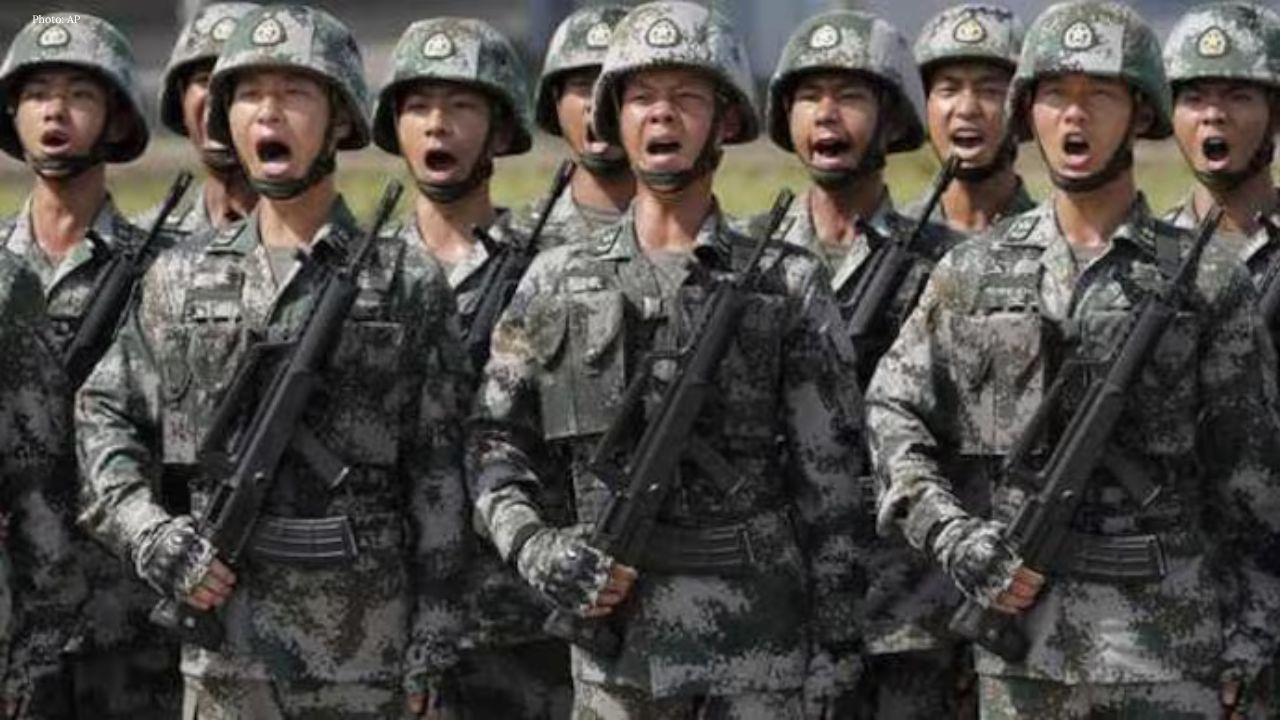

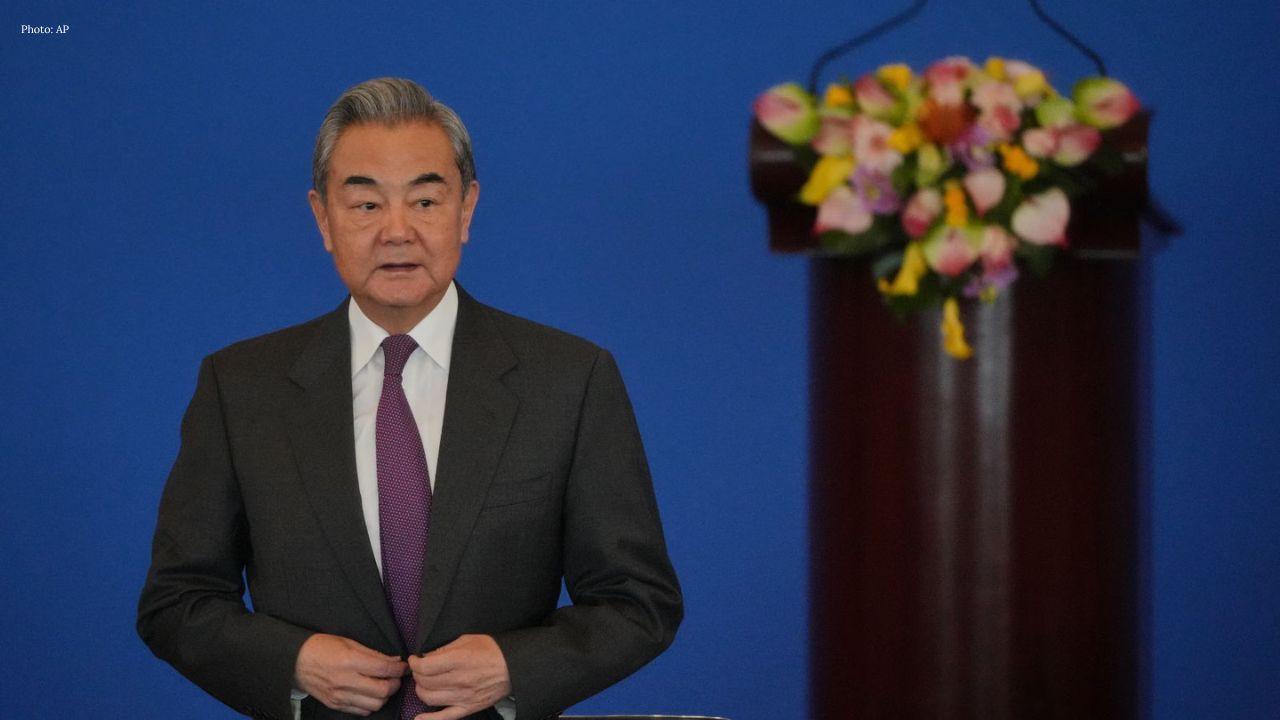
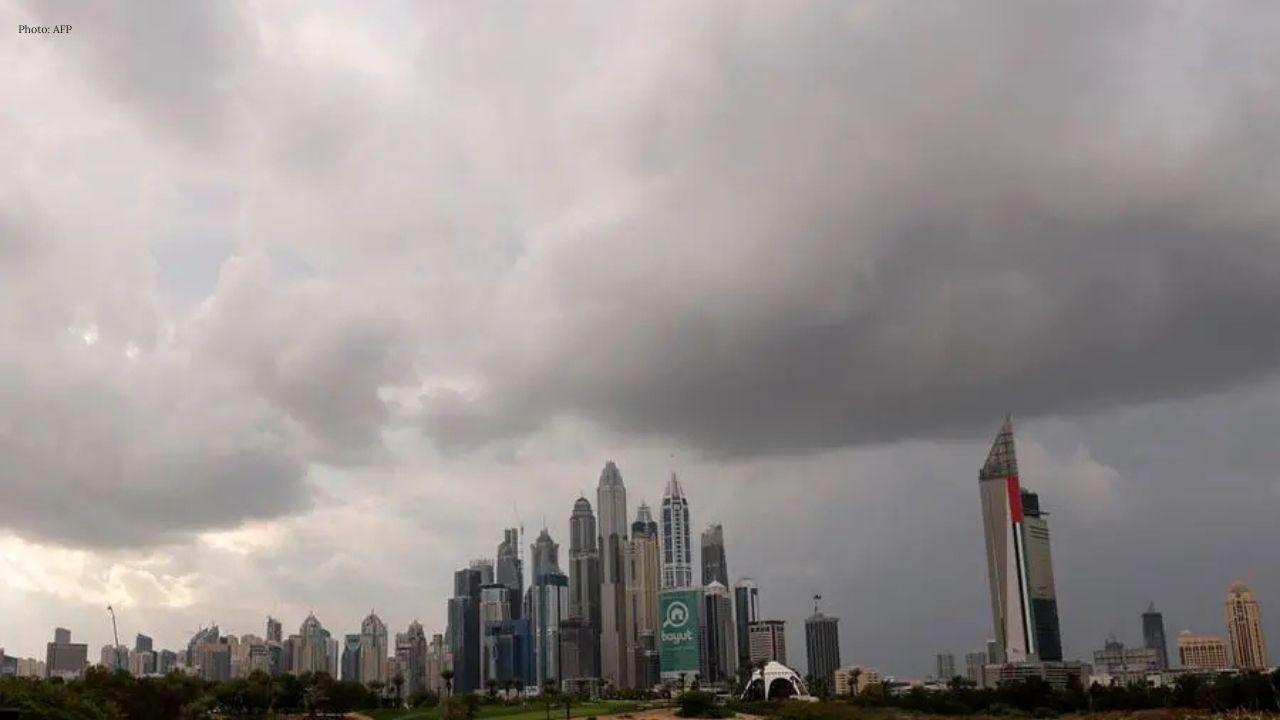

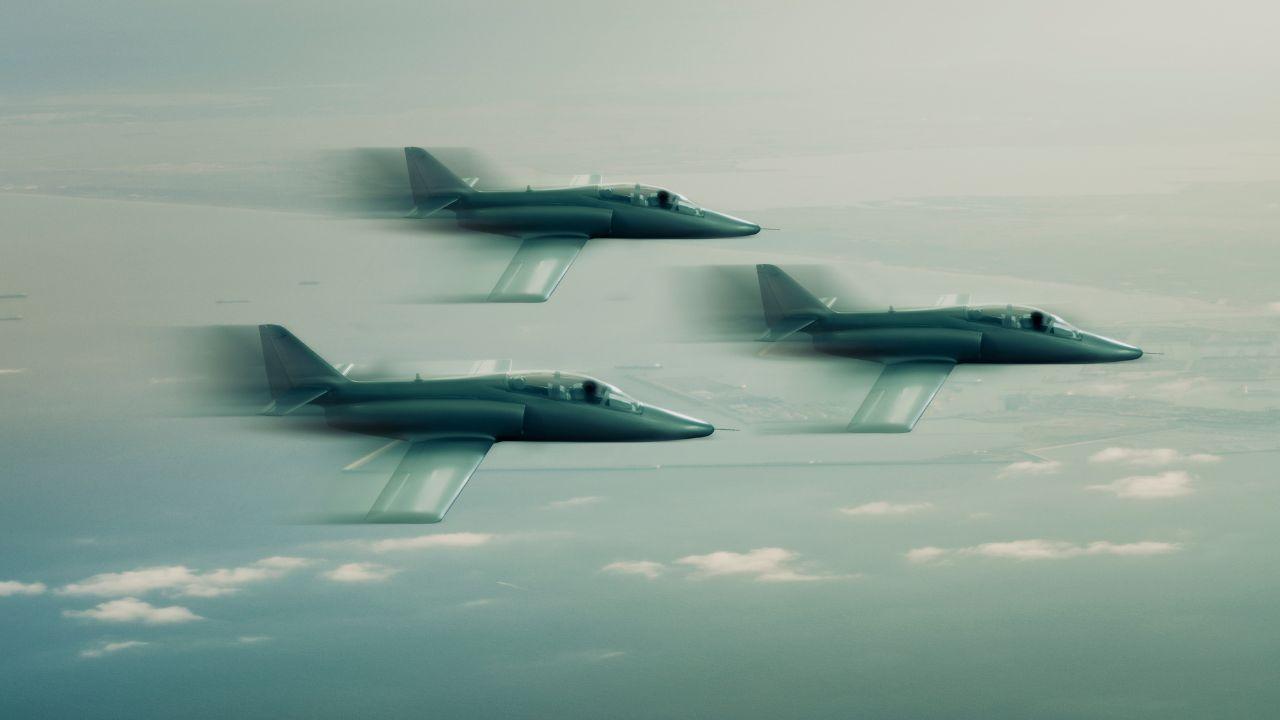

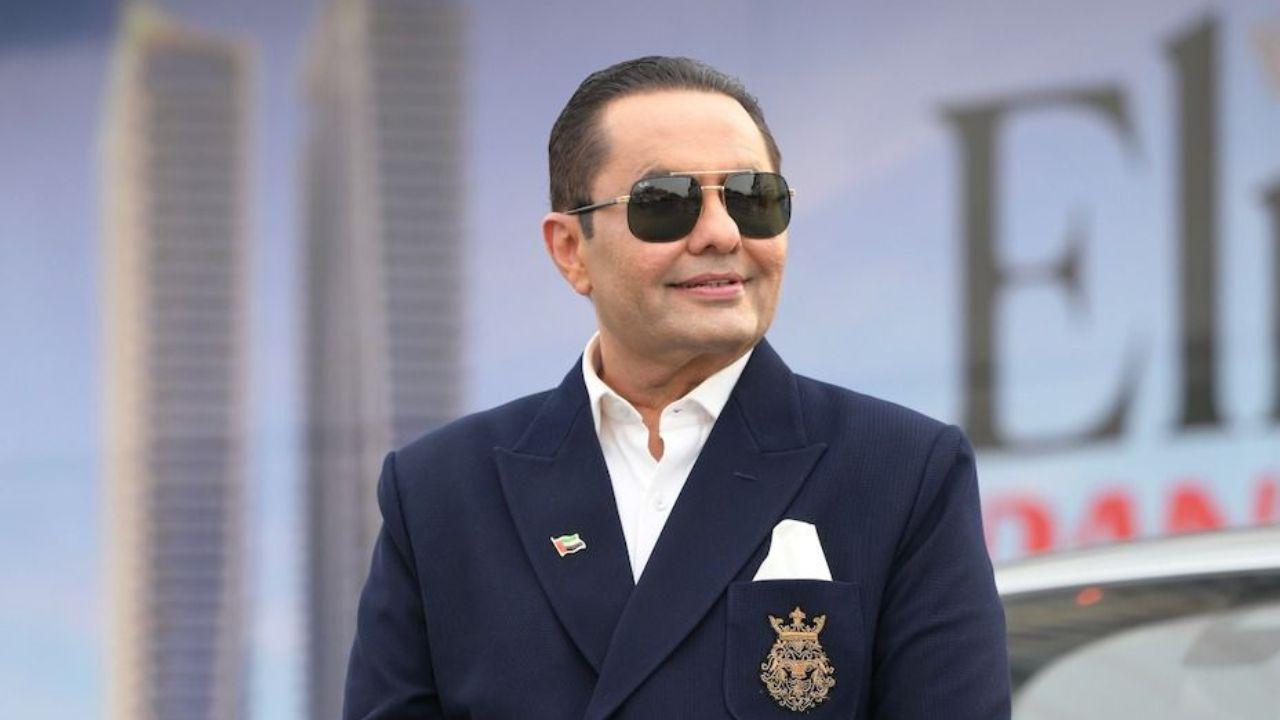


China Ousts Three Retired Generals from Top Political Advisory Body
CPPCC ousts retired PLA generals ahead of annual Two Sessions as broader anti‑corruption military sh

Japan Jobless Rate Rises to 2.7%
Japan sees first increase in jobless rate in five months as voluntary quits rise and job openings sl

Strong 6.1-Magnitude Earthquake Shakes Indonesia’s Sumatra Island
Tremors felt across region no immediate reports of damage or casualties as authorities monitor seism

Rizwan Sajan Reaffirms Trust in UAE’s Safety and Growth
Danube Group Chairman Rizwan Sajan assures residents and expatriates of safety in UAE, highlighting

India Witnesses Chandra Grahan Blood Moon Visible in Parts of World
Skywatchers observe partial eclipse in India as total ‘Blood Moon’ visible across North America Aust
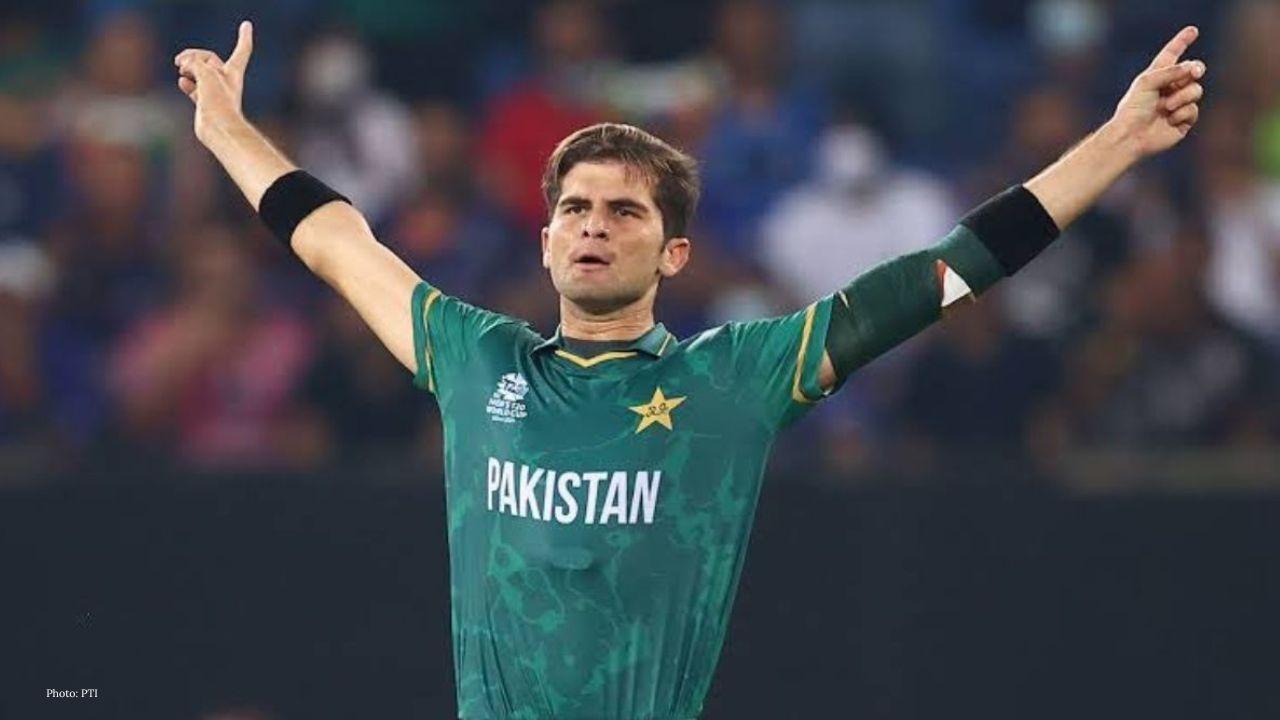
14 Pakistan Players Shortlisted for The Hundred 2026
ECB reiterates nationality will not influence selections as Haris Rauf and Shaheen Afridi headline P